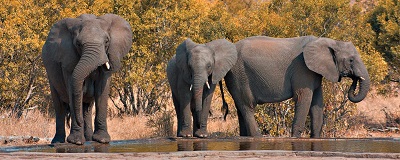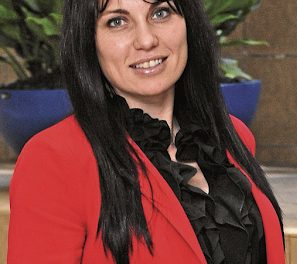
Horse Mackerel gamble plays well for Esau
The Ministry of Fisheries and Marine Resources recently introduced a requirement that 2% of the total allowable catch for horse mackerel be targeted for value addition initiatives locally. The total allowable catch for horse mackerel for this season stands at 350,000 metric tonnes.
The ministry’s move will see approximately 7000 metric tonnes of horse mackerel canned in Namibia for local consumption. The total allowable catch is expected to increase by an additional 102,000 metric tonnes which are still to be allocated, confirmed Pieter Greeff, Managing Director of Etosha Fishing.
Etosha Fishing currently cans horse mackerel under the Efuta brand. The brand is readily available in leading retailers and is expected be exported to neighbouring Southern African Development Community members.
Said Greeff, “When we launched the product end of November 2013 our challenges were definitely to compete with canned pilchard in the market place. To can horse mackerel, never canned successfully before, and to think that your product will take a major share of the market will be optimistic. The product has been on the shelves since January 2014 and take-off has been amazing. The Namibian market believes in the product and the sales figures at this moment are proof of that.”
An expert in the fishing industry said this move will undoubtedly take the pressure off the depleting pilchard resource. The total allowable catch for pilchard currently stands at only 30,000 metric tonnes. In 1989, the year before Independence, Food and Agriculture Organisation (FAO) statistics, show that an estimated 900,000 tonnes of pilchard were fished by foreign operators in Namibian waters. This lead to the almost complete collapse of the pilchard stock.
The limited allocation under the existing horse mackerel TAC for canning, is also expected to bolster employment opportunities in Walvis Bay.
According to Greeff, seasonal workers are now being employed for far longer periods than the current two to three month period. He added that workers would be employed for a further two or three months, depending on market factors as well as final horse mackerel quota allocations.
“The Namibian economy and the Walvis Bay economy will definitely benefit from this initiative relating to the money that we will have to spend for canning of this product. Etosha Fishing will better utilize their canning facilities and therefore our fixed costs will be spread over a bigger range of canned products,” added Greeff.
Plans are in place to export the Efuta brand to other SADC member states and there is a lot of optimism.
He added “We already sent samples of the product to various SADC countries and the feedback was again unbelievable. All the countries were impressed with the quality of the product and are keen to sell the product. Africa knows frozen horse mackerel. Now it is also available in a canned form, a ready-to-eat meal.”
He said Etosha Fishing has received 36-months shell life certification from Nampak South Africa’s Research and Development Department. Nampak is Africa’s biggest producer of beverage cans and is a leading supplier to the canned food industry in southern Africa. Efuta products will also bear the Team Namibia logo, and is Halaal Certified.
“The Efuta product will be available in all major retail outlets as of [the second half of] June 2014 in Namibia. Our distributors are in the process to finalise all listings with the various retail companies and [when] this process is completed, the product will be available in these shops,” concluded Greeff.











































